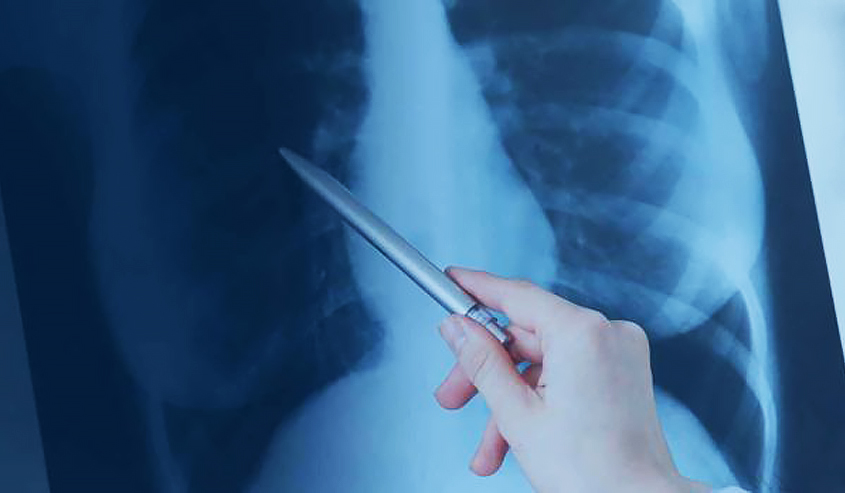
Has your doctor recommended a cardiac stress test? The most common reason for that would be to evaluate some symptoms you may have complained about. Have you experienced shortness of breath? Chest pain? If so, a cardiac stress test performed on a treadmill will be a way to gather important information to determine your risk for heart disease or to make a diagnosis.
When is a Stress Test Recommended?
Your doctor may recommend a stress test:
- If you have experienced symptoms like chest pain or breathing difficulty
- To diagnose coronary artery disease that develops when arteries become damaged or diseased
- To determine if you are suitable for exercise after cardiac rehabilitation
- To see if you are responding to a heart treatment or to guide treatment of disorders
- If you are experiencing arrhythmia or any abnormal heart rhythm
- To help determine the timing of cardiac surgery
At rest, the heart can often appear to work just fine. But stressing the heart and the entire cardiovascular system with exercise will increase the heart rate and blood flow. This will allow the doctor to see how your heart is responding under stress and make recommendations.
What is Being Measured During Your Stress Test?
Today, the most common type of cardiac stress test requires the patient to walk on a treadmill that will gradually increase in speed and grade. During that process, your heart rate, blood pressure and electrocardiogram (EKG) will be monitored.
The EKG will measure the electrical activity of the heart that produces a pattern. When the heart isn’t working properly, the pattern becomes altered. The information that your doctor obtains from the EKG as well, as your heart rate and blood pressure, will enable him or her to detect problems with heart rhythms, valve malfunctions or blood flow.
Imaging techniques done in coordination with the stress test enables the doctor to see the heart during the procedure. An echocardiogram enables your doctor to see the shape, size and movement of the heart muscle as it works and how well each area of the heart is working to pump blood.
What You Can Expect?
Before the test begins, you will be hooked up to the EKG that will monitor your heart. You will also have a blood pressure cuff applied so your blood pressure can be monitored. You will begin to walk slowly on the treadmill and will need to walk faster as the treadmill gradually increases in speed. During this process, the incline of the treadmill may be increased. The medical team will take readings during this time. The stress test will last for no more than 15 minutes with the heart being worked at a harder pace for 8 to 12 minutes of that.
After the test, you may be asked to stand still or lie down so your doctor can continue to watch for any abnormalities as heart rate and breathing return to normal.
At Vital Imaging, we are dedicated to providing exceptional care for all our patients. Please feel free to contact us at (305) 596-9992 if you have questions about your cardiac stress test or to schedule an appointment.
